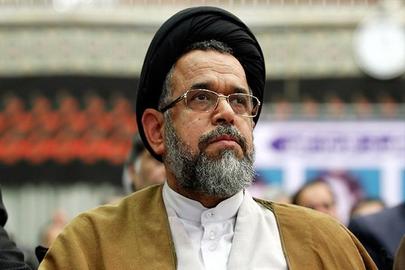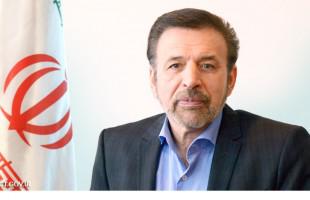Iran’s judiciary has blocked voice calls on Telegram just weeks ahead of the country’s presidential and local elections.
The move was thought to be part of the wider political row within Iran’s political elite, although some international media suggested the decision could have been a way of protecting Iran’s domestic telecommunications companies. The judiciary has not explained its decision.
Telegram introduced the service in Iran on April 13. But just days later, on April 17, Iranians reported that the service was disabled. Some of them tweeted Telegram founder Pavel Durov, who responded: “Telegram didn’t block voice calls in your country, your providers/authorities did that.”
Iran’s Telecommunications Minister Mahmoud Vaezi confirmed the ban. ”We gave the authorization for the establishment of Telegram’s voice call service on Friday... but it was blocked by a judicial order,” he told Shargh newspaper.
The ban follows the arrest of 12 administrators working for reformist channels hosted on the popular messaging site. The arrests took place in March, and led to clashes between Iran’s judiciary and executive branches.
Initially it was unclear who had ordered the arrests of the administrators, and some media and Iranian lawmakers pointed the finger at President Rouhani’s administration, and in particular, Intelligence Minister Mahmoud Alavi. But on April 5, Alavi announced that the government was not behind the arrests, and had not supported them. President Rouhani confirmed this on April 10.
Judiciary spokesman Gholam-Hossein Mohseni Ejei retaliated on April 12, saying that the minister spoke out of turn and was in no position to determine the guilt or innocence of individuals or groups.
Since its launch in 2013, Telegram has been one of the most widely used apps in Iran, with as many as 20 million users. Over the last year, some tech experts have warned that Telegram’s security is seriously flawed and not as safe as other apps.
visit the accountability section
In this section of Iran Wire, you can contact the officials and launch your campaign for various problems



























comments